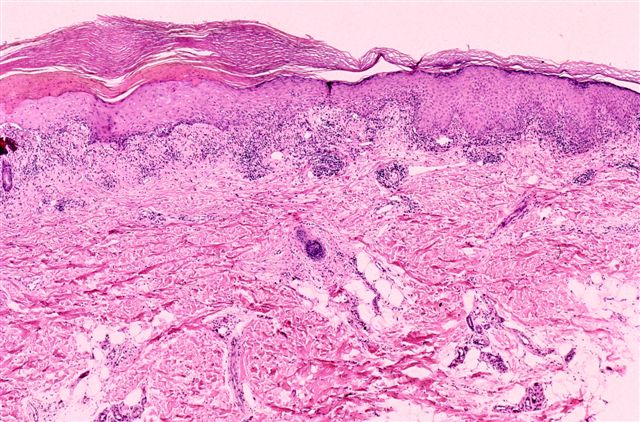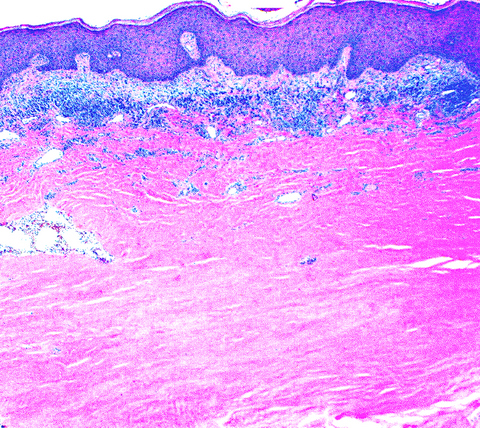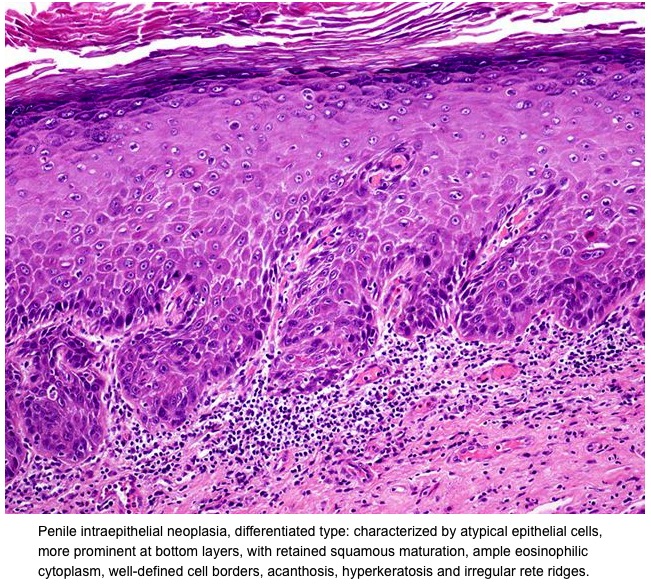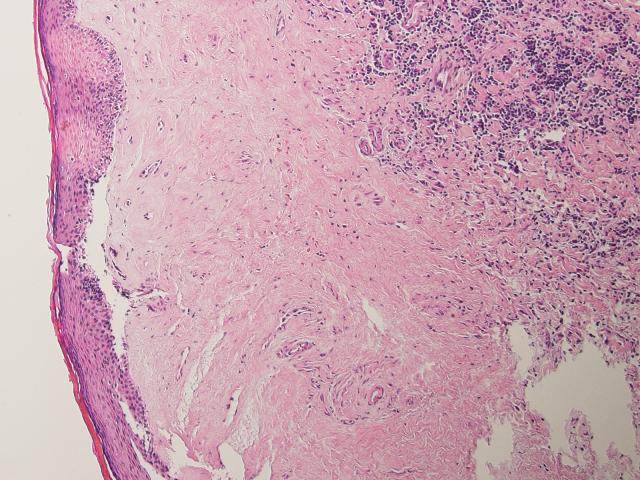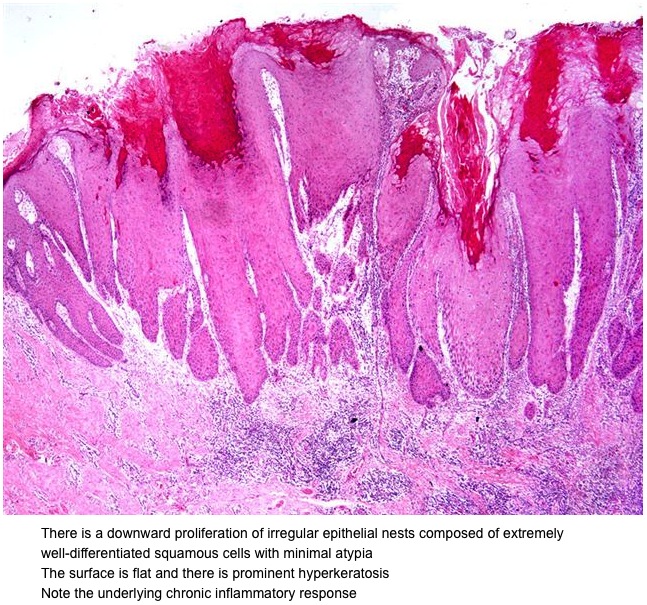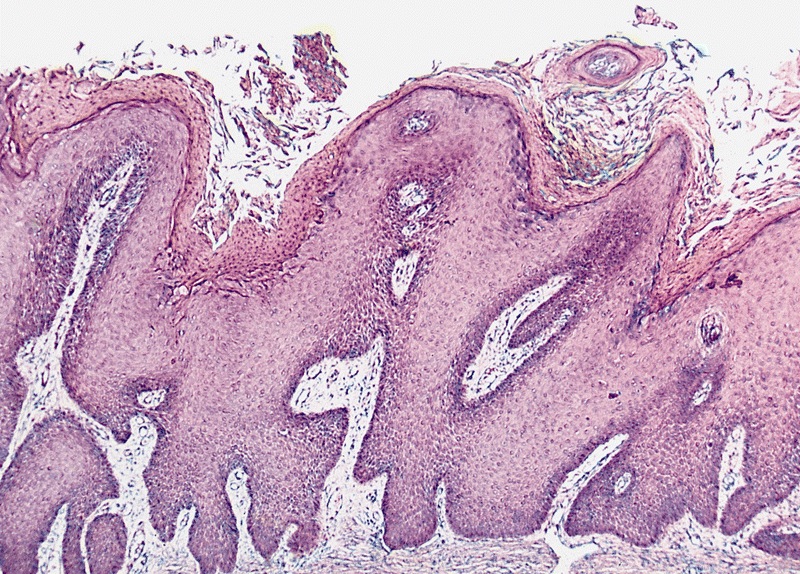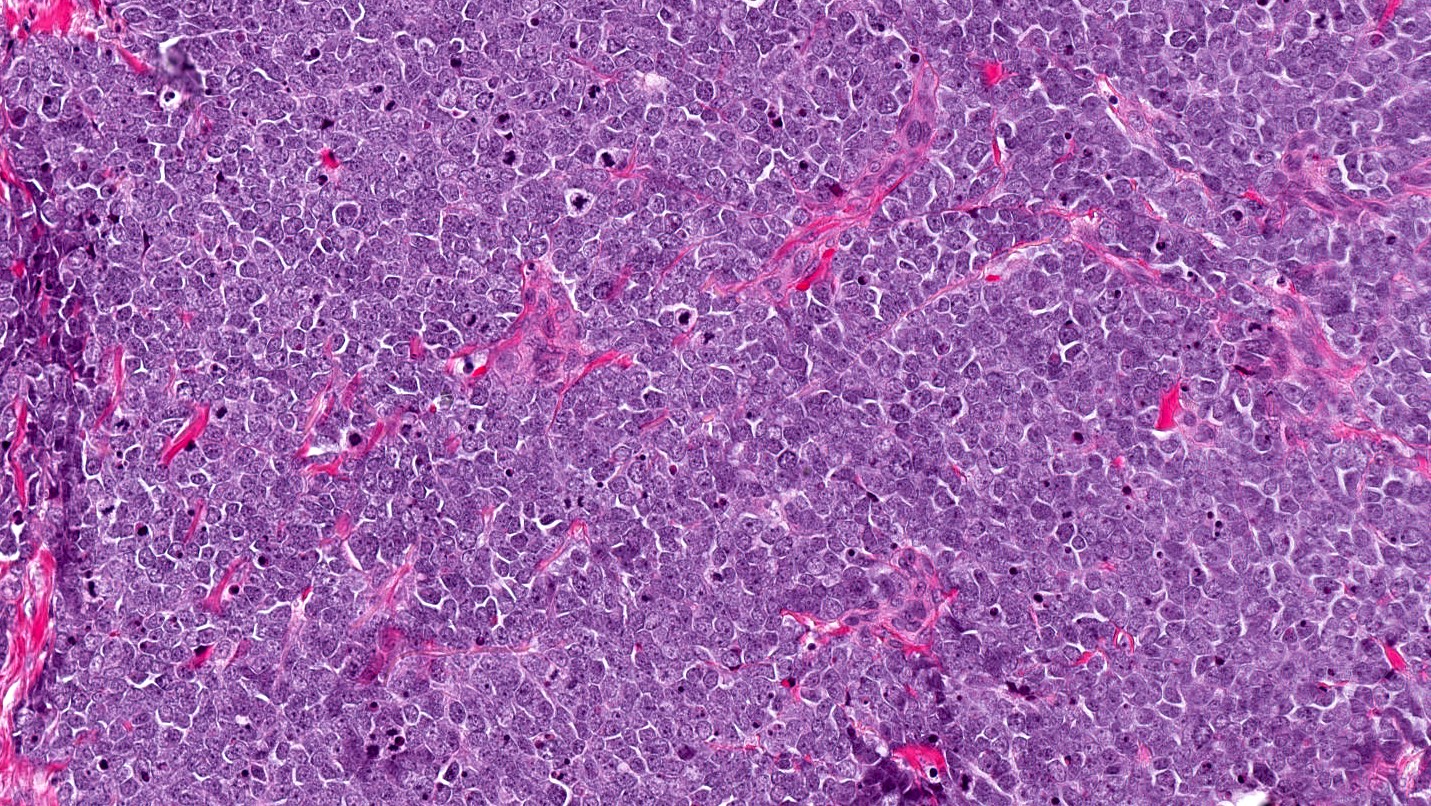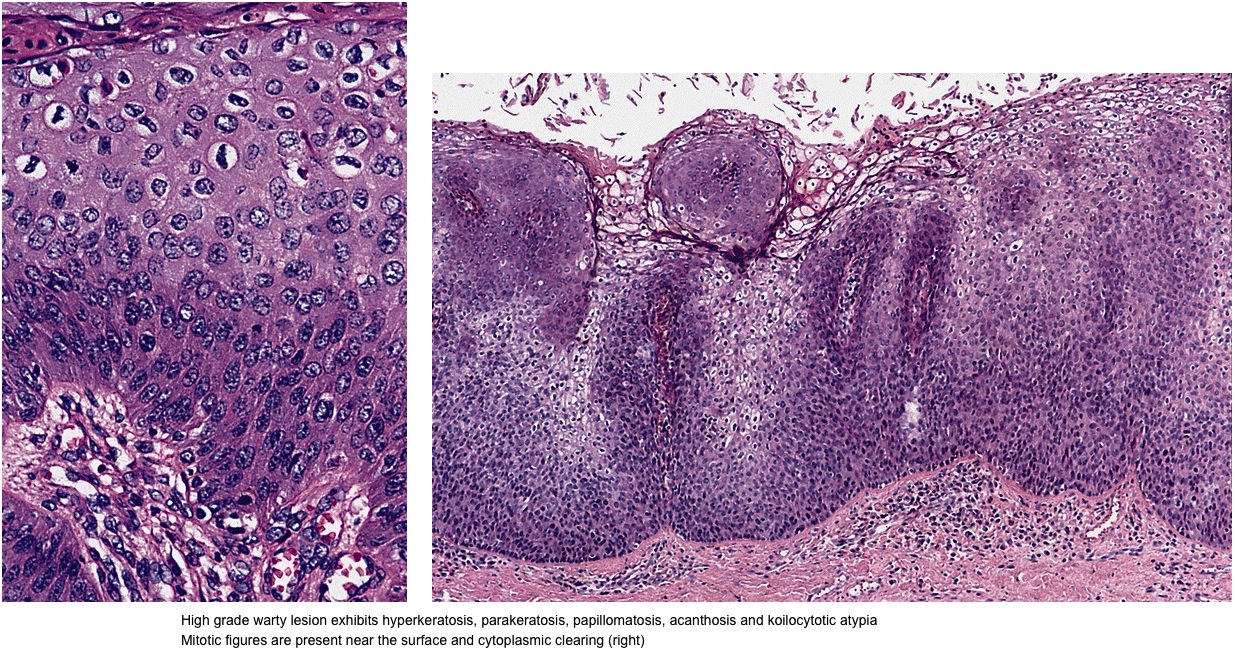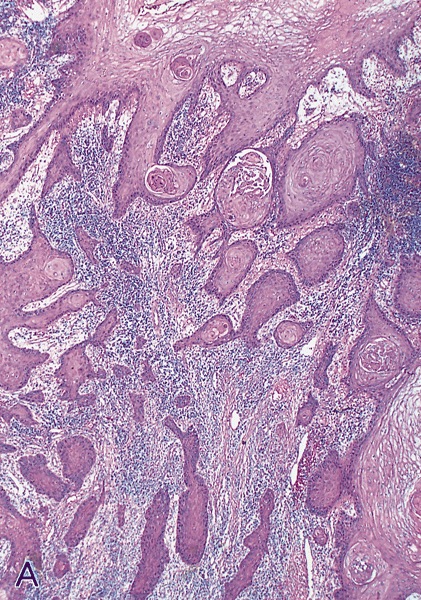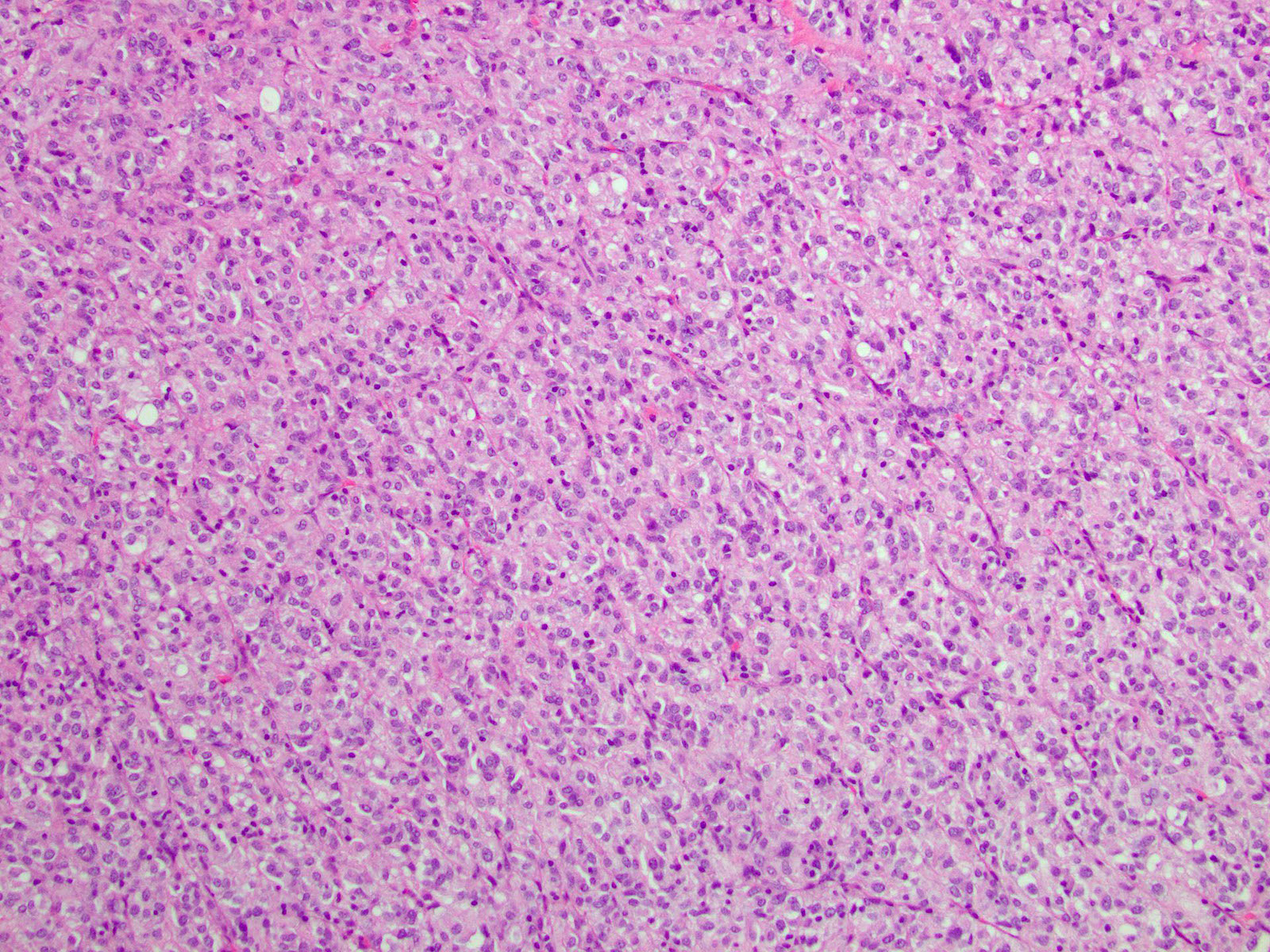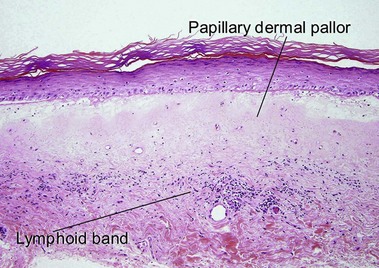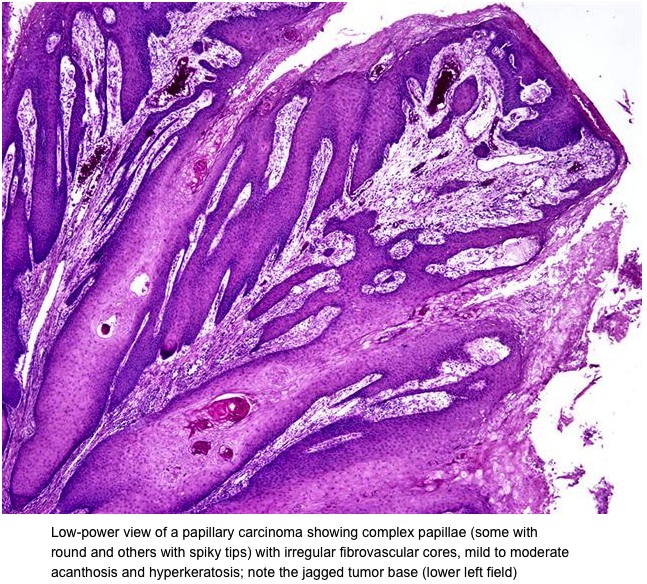Lichen Sclerosus Pathology Outlines
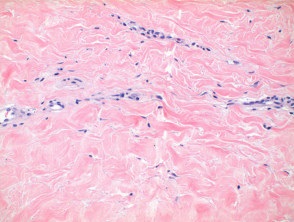
The epidermis shows hyperkeratosis significant thinning with loss of the normal rete ridge pattern and plugging of follicular infundibulae figure 3.
Lichen sclerosus pathology outlines. The sections show skin with loss of the rete ridges hyperkeratosis and marked fibrosis of the superficial dermis. Lichen sclerosus is a rare skin condition that usually shows up on your genital or anal areas. There is no acanthosis. Sclerotic phase of lichen sclerosus.
It usually affects the genital and anal areas. The condition can affect any part of your body but it most commonly affects skin in the. Treatment helps reduce itching improve your skin s appearance and decrease further scarring. Histology of lichen sclerosus.
Lichen sclerosus lie kun skluh row sus is an uncommon condition that creates patchy white skin that appears thinner than normal. Sclerotic phase of lichen sclerosus with active inflammation. If you have lichen sclerosus on or around your genitals or anus or have a more advanced case on other parts of your body your doctor will recommend treatment. Anyone can get lichen sclerosus but postmenopausal women are at higher risk.
The condition mostly affects adult women. It creates patches of shiny white skin that s thinner than normal. It can occur at any age but is usually seen in women over age 50. A granular layer is present.
Few scattered lymphocytes are seen in the dermis. Older names for lichen sclerosus ls include lichen sclerosus et atrophicus kraurosis vulvae in women and balanitis xerotica obliterans in males. Lichen sclerosus is a common chronic skin disorder that most often affects genital and perianal areas. Lichen sclerosus ls is a chronic inflammatory dermatosis of unknown cause that most commonly affects the genitalia vulvar and penile lichen sclerosus but it can occur at any skin site.
Lichen sclerosus is a skin condition. There is no basal nuclear atypia. Who gets lichen sclerosus. Scanning power of lichen sclerosus reveals a lichenoid inflammatory pattern in early stage lesions or a superficial sclerosing process in late stage lesions figure 1 and 2.
